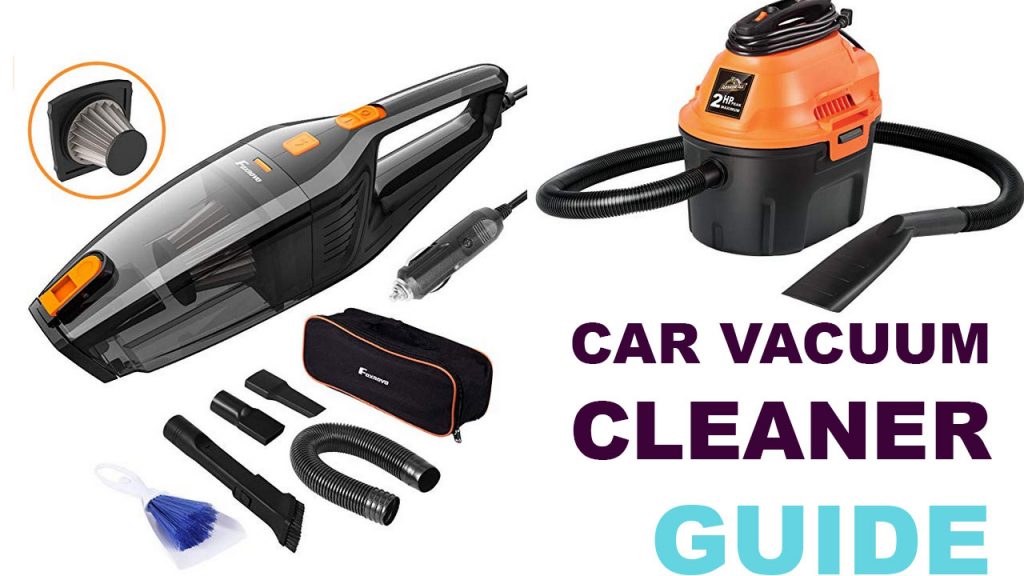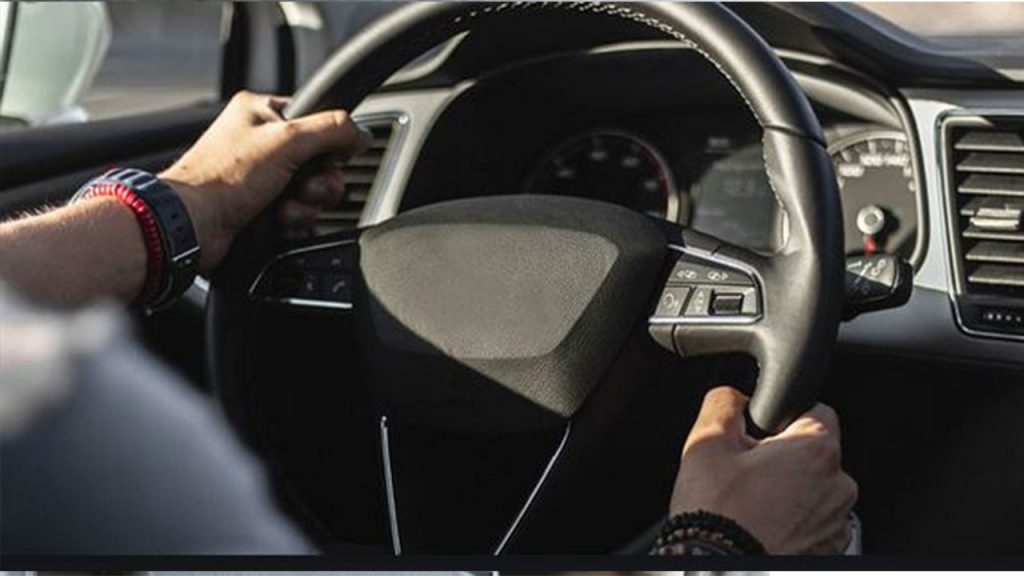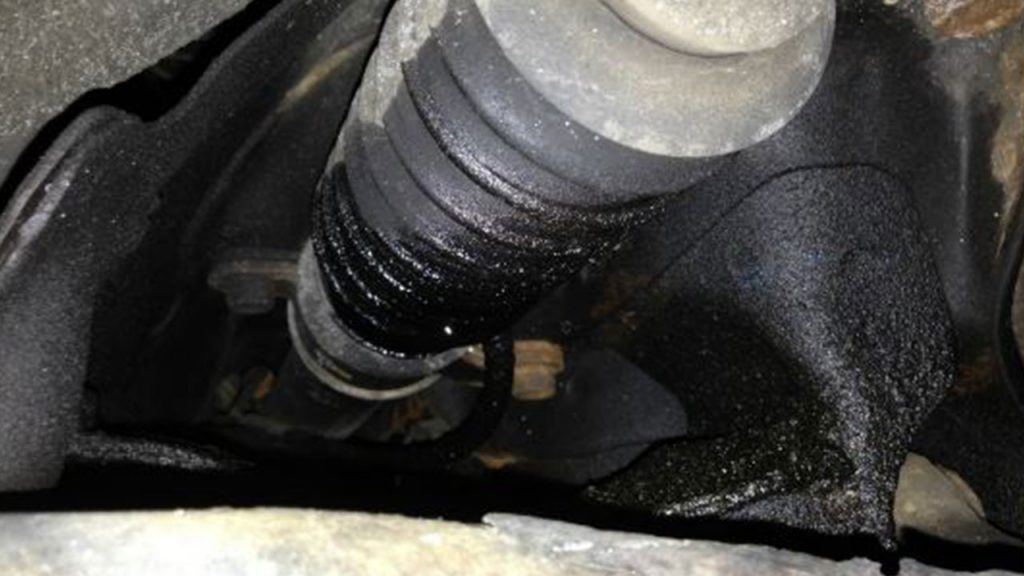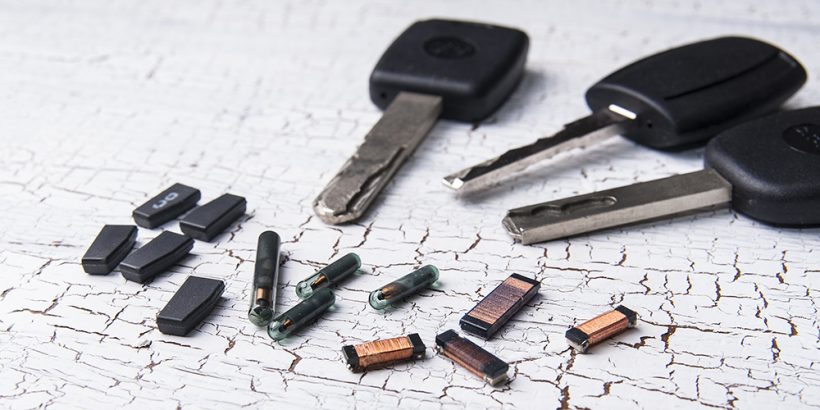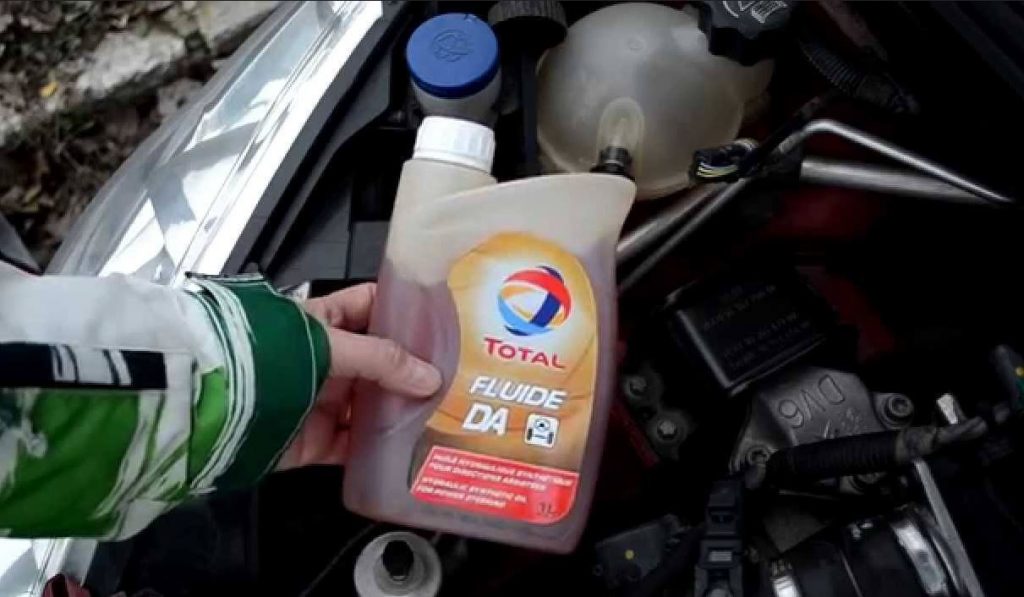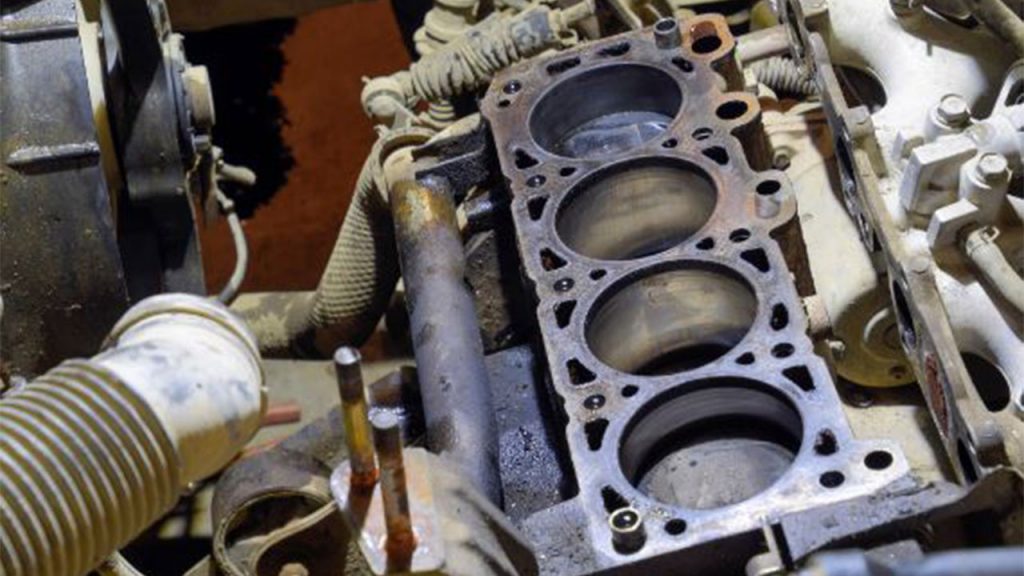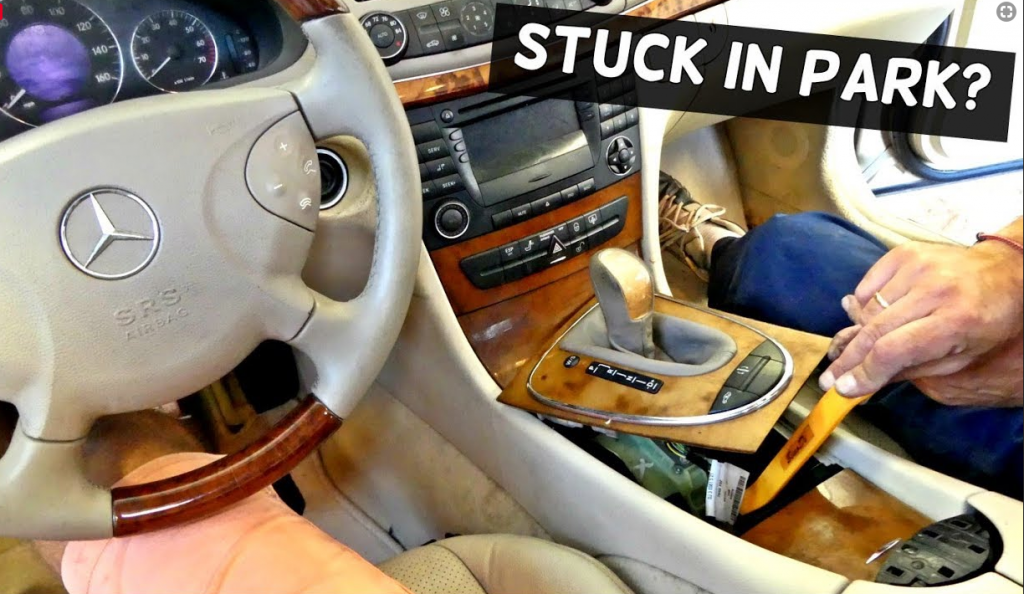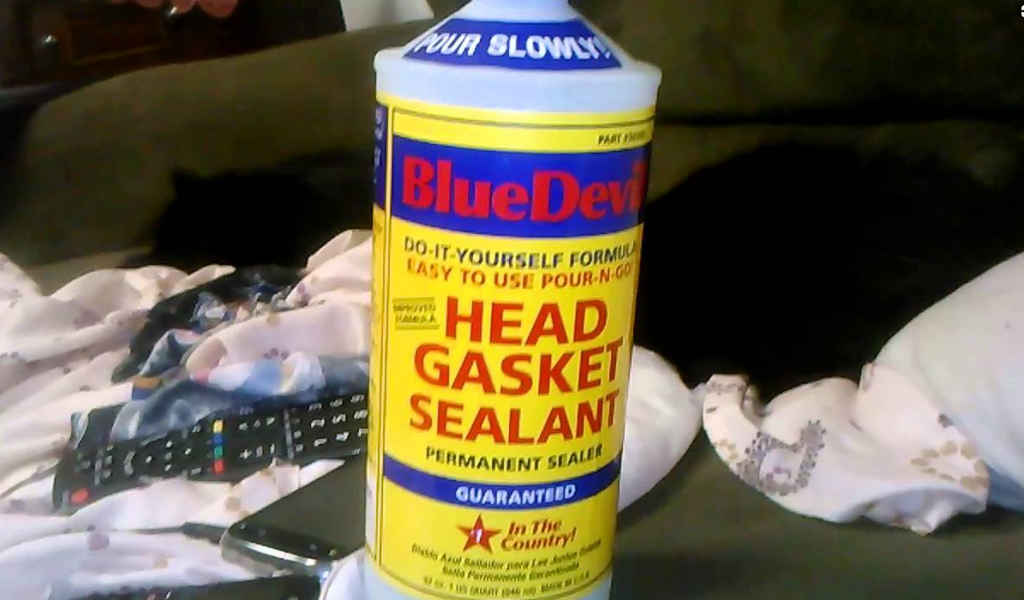Last updated on June 28th, 2023 at 07:59 am
If you are wondering what are the Signs of a Bad Torque Converter and How To Fix Torque Converter Problems then this article discussed the common symptoms Of A Bad Torque Converter and How to Test for Torque Problems.
Find the solution to bad torque converter problems, including the symptoms of a bad torque converter and even torque converter replacement costs.
Certain faults in the car can actually be detected and fixed without visiting a car technician/mechanic. Although, it may require some wealth of experience.
One of the very and most common faults in a car is the car torque converter issue. It is quite common and the cause sometimes cannot be traced easily.
While driving, all of a sudden you heard a strange noise, and then you notice the movement of the car slowing down. Well, there is every possibility is a torque problem.
4 Common Torque Converter Problems
There are some common issues with torque converters. The torque converter is a basic part of older vehicles and can fail in a few cases.
Sometimes, you can find inexpensive replacements for torque converters. In these cases, it is not worth disassembling the unit and replacing individual parts. It’s much cheaper and faster to replace the entire thing.
1. Bad Torque Converter Bearings
The most common problem with torque converters is worn bearings. While this does not cause slippage or other issues to the transmission, it can make the transmission sound like a bearing.
You should check your transmission fluid if you hear any bearing noises. You will most likely find metal parts in a damaged torque converter bearing.
2. Torque Converter Seals Damaged
A defective seal in the torque converter can cause transmission fluid to leak from the torque converter, and the pressure inside it will be lost.
Slippage, overheating, and other unusual symptoms could result from low pressure in the torque converter. This is the most common problem with a damaged torque converter.
3. Plate for Torque Converter Clutch Plate Faulty
A torque converter has several clutches. The torque converter should not be locked in an idling or drive gear, and the transmission must be released. Other symptoms include slipping or rough acceleration due to a faulty torque converter clutch.
4. Faulty Torque Conversion Clutch Solenoid
The solenoid of the torque converter clutch is a common component that can fail in an automatic transmission. The solenoid valve regulates the hydraulic transmission’s fluid pressure, which is then transferred to the lock-up clutch. You may experience slipping, overheating, and rough acceleration.
Symptoms of a Bad Torque Converter
The torque converter is one of the numerous car problems that car owners often experience. The sign and cause and how to fix the torque converter is our point of discussion.
The torque converter problem in simple terms can be described as a lock-up. The torque converter is the part that allows fluids to pass from the engine to the transmission. 2013 & 2012 Toyota Camry Torque Converter Replacement Cost
Torque Converter Noise: Bad Torque Converter Noise
Is car torque problem a big issue? Firstly, it is important you know they work and how the torque works.
A sound torque converter handles how much fluid is passed on to the transmission area and allows your engine to work optimally. Also, watch the above video for other Torque Converter Noise to guide you more.
When the torque is not functioning properly, it could lead to a shudder sensation and slipping.
Car torque converter problems do not just develop. One or two reasons might have caused the shakeup.
Most times, not using the right fluid for the car can lead to this problem. Now, how to detect when the car has developed a torque problem would have you look up to these signs.
When you see or hear any of the listed signs then it is likely a torque fault.
Symptoms of a Bad Torque Converter
Symptoms of torque convertor problems can include any of the following:

1. Strange noise while driving.
When you notice some whining kind of sound and it keeps reoccurring, this can be a torque problem. For you to replace or fix it depends on how badly it is damaged.
2. Shuddering:
This can be described as vibrations or jerking of the car while driving. The experience can be annoying. Such vibrations can cause serious trouble for the torque converter.
3. Slipping of fluid into the transmission.
This is one of the obvious reasons that it is a torque problem. The slipping of fluids into the transmission is a result that it is not able to handle fluids properly. It is either too much or too little fluids will enter into the transmission. Hence, causes the gears to become slippery, thereby it will result in the car not accelerating well.
Also, when the car decreases in acceleration, it would also affect the fuel consumption of the car.
4. Overheating.
You can notice that your car is overheating from the temperature gauge. When your car is overheating, it can cause the car not to run smoothly too. You should fix this as soon as possible. It could be that the fluids have decreased to the barest minimum resulting in the hotness. With this, it will struggle to transfer power from the engine to the transmission.
Additional Signs of a bad torque converter
On some occasions, you might not experience any of the above symptoms listed to show your converter is bad but below are some other signs that might indicate that your converter has a problem.
You should also look out for these so too according to too 1
1. Car Gears in the Transmission Slips
If you are experiencing slippery car gears, then you know that you may be having an issue with your car converter. If there isn’t enough pressure to control the flow of the hydraulic transmission fluid, too much or too little will get into the transmission and cause the gears to slip as it shifts. This can often be due to low or bad fluid as well, so be sure to check that first.
2. Your Car Doesn’t Accelerate Properly
With gear slippage, you may also feel a loss of acceleration. This is because a torque converter controls hydraulics, and if it’s bad, it won’t allow enough pressure to go to the transmission, and this causes the car to accelerate poorly.
3. Your Car Doesn’t Shift Gears Easily
Similar to gear slippage, if the flow of your transmission fluid is compromised, you might have a hard time shifting gears at all. The transmission might even strain as it shifts.
4. Your Transmission Surges or Lags
Again, because a bad torque converter means that your flow of transmission fluid isn’t what it’s supposed to be, you can also have issues will transmission surges or lags while you drive. This will be especially noticeable at times when you’re maintaining a consistent speed.
5. Your Car Shudders
When driving at a slower speed, around 30 to 45 miles per hour, you may feel a shudder, as if you’re driving over bumps. One thing that might cause this is a bad torque converter.
6. Your Fluid Is Dirty
Check your transmission fluid. If there are a lot of black flecks in it, your torque converter clutches could be the problem. Drain the fluid and replace it once you have addressed the issue to make sure there isn’t another cause.
How to Test for Torque Problems.
The best way to test your torque and ensure it is in good condition is to use the right fluids for your car.
Then, this aspect might require you to meet with a service technician to run a proper test/diagnosis on the car.
How to detect/diagnose torque converter problems.
Arriving at a conclusion that it is torque fault actually, can be tough. However, one or two tips can help out.
Sometimes, the problem might not be the transmission but would have you replace your torque converter completely.
First, to diagnose the fault, you will leave the engine on and allow it for some minutes. Step on the gas slightly.
Here are the other steps to take:
- 1. Start the car and allow it to run for a few minutes while you switch to the next step
- 2. Press the gas lightly for a few minutes
- 3. Move to the brake, put the car into drive
- 4. Try to engage the gears
- 5. Then drive. While driving, try to see if you hear any strange noise. Try to listen attentively to check if the sound is still there or has gone off.
How to fix torque converter problems
First, ensure it is not a transmission fault. Once, the fault has been diagnosed, then try any of these methods.
- Damaged needle bearings:
One of the problems is when there is a damaged needle bearing. The needle bearing helps the metal stator, impeller, and turbine so that it can turn freely. If there is a fault, that is when you start hearing strange noises while driving as a result of metal-to-metal contact. It then creates metal chips that the transmission fluid picks up and cycles around the transmission.
- Damaged torque converter clutches
A damaged torque converter clutch should be replaced.
Treatment
- 1. If your current transmission is faulty, please, replace it
- 2. Use the recommended fluids for your car and use it adequately
- 3. If your transmission fluid is dirty, drain the fluid and replace it.
Please also watch this video
Torque Converter Replacement Cost
The cost of replacing your torque converter is highly dependent on whether you are:
- 1 Replacing it yourself
- 2. You are hiring a mechanic or go to a car repair shop.
Replacing it Yourself
If you are hiring a mechanic, you should be budgeting anything around 150 to $500 and if you are hiring a mechanic or
The major bulk of the money will not be going to purchasing the torque converter itself, because the torque converter is not that expensive. The torque converter itself costs $150 to $350.
But the major experience is going to labor because takes about 4 to 10 hours of work by an experienced mechanic to it replaced which is a lot of time.
So if can do it yourself then that is a huge saving for you.
If You are hiring a mechanic or going to a car repair shop.
If you are taking the car to a repair shop, then you should be estimating about $500 to $2000 for the Torque converter full replacement.
Conclusion.
I hope this video has helped you see how to solve torque converter problems. We have shown you the symptoms of a bad torque converter to help you know if you have a bad torque converter
The signs of a bad torque converter include but are not limited to slippery gear, overheating acceleration issues, and many more. Please refer to the section applicable. Torque converter replacement cost was also estimated for you.
If this post on torque converter symptoms and problems was helpful to you, please share. 2013 & 2012 Toyota Camry Torque Converter Replacement Cost


